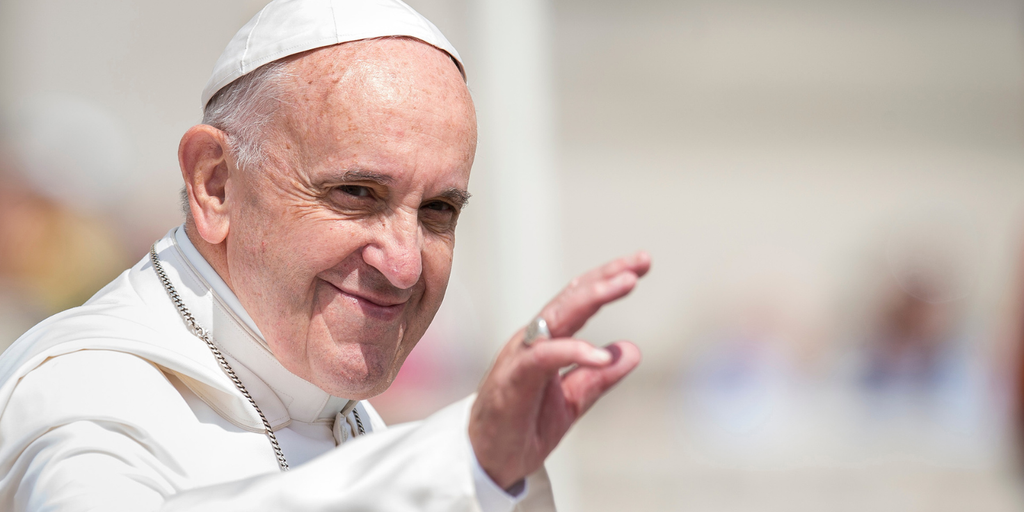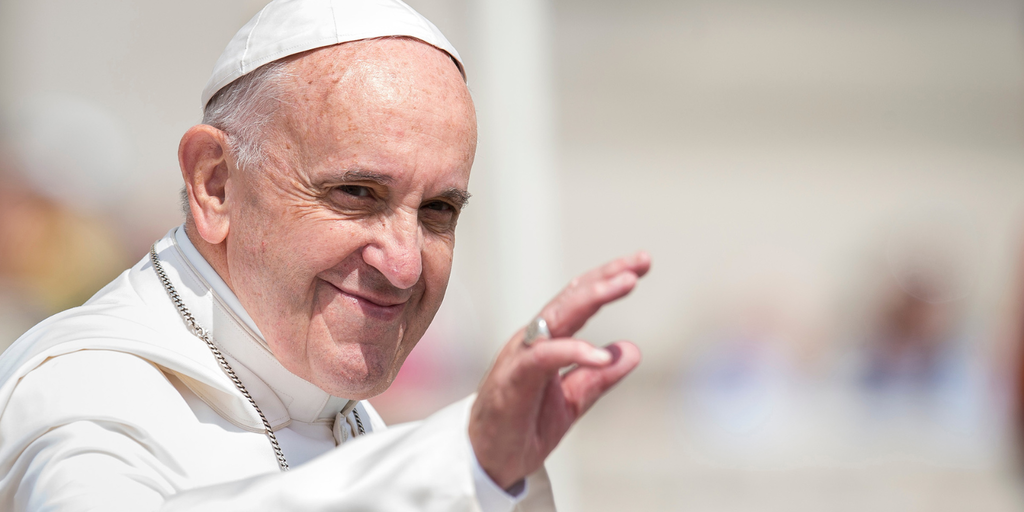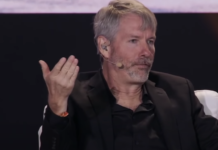
Pope Francis said today he is praying over the “profound transformations” in society caused by digital technologies, and expressed hopes that the “inherent dignity” of humanity is considered before they are used—singling out artificial intelligence once again.
The Vatican published the Pope’s sermon for the 2024 World Day of Peace on January 1, which, in part, called for the ethical development of AI to serve humanity, reduce harm, and promote peace and justice. In the fall, Pope Francis discussed AI during a homily for UN International Day of Peace in September.
The entreaties by the Pontiff come at a time when AI penetrates almost every facet of modern life across different industries, and other world leaders and policymakers grapple with how to manage the technology.
“Progress in information technology and the development of digital technologies in recent decades have already begun to effect profound transformations in global society and its various dynamics,” Pope Francis said. “New digital tools are even now changing the face of communications, public administration, education, consumption, personal interactions and countless other aspects of our daily lives.”
In his message for the 57th World Day of Peace, Pope Francis reflects on the impact of Artificial Intelligence on world peace, and urges the international community to adopt a binding international treaty that regulates its development and use.
Read more: https://t.co/wIcWAB372p
— Vatican News (@VaticanNews) December 14, 2023
“We need to be aware of the rapid transformations now taking place and to manage them in ways that safeguard fundamental human rights and respect the institutions and laws that promote integral human development,” he continued. “Artificial intelligence ought to serve our best human potential and our highest aspirations, not compete with them.”
At the press conference announcing the address, Cardinal Michael Czerny of the Vatican’s development office put it more starkly.
“Artificial intelligence may well represent the highest-stakes gamble of our future,” Czerny said, according to an Associated Press report. “If it turns out badly, humanity is to blame.”
Francis and other world leaders, including U.S. President Joe Biden and former President Donald Trump, have been the subject of many AI-generated deepfakes.
The proliferation of AI-generated deepfakes caused the popular image-generator Midjourney—which was used to create the viral deepfake of the Pope in a puffy white puffer jacket and silver bejeweled crucifix—to cancel its free tier after the image went viral earlier this year.
“The inherent dignity of each human being and the fraternity that binds us together as members of the one human family must undergird the development of new technologies and serve as indisputable criteria for evaluating them before they are employed, so that digital progress can occur with due respect for justice and contribute to the cause of peace,” Francis said.
The Pope acknowledged AI’s potential benefits worldwide when used responsibly—including reaching multilateral agreements and coordinating their application and enforcement.
“In this regard, I urge the global community of nations to work together in order to adopt a binding international treaty that regulates the development and use of artificial intelligence in its many forms,” Francis said. “The goal of regulation, naturally, should not only be the prevention of harmful practices but also the encouragement of best practices by stimulating new and creative approaches and encouraging individual or group initiatives.”
In July, UN Secretary-General António Guterres sounded the alarm about the potential use of AI-generated deepfakes to fuel hate and misinformation in conflict zones worldwide.
“The scientists and experts have called on the world to act, declaring AI an existential threat to humanity on a par with the risk of nuclear war,” Guterres said during a press conference.
In September, the Biden Administration signed more AI developers, including NVIDIA, IBM, and Adobe, to its pledge to develop AI responsibly. OpenAI, Google, and Microsoft signed the administration’s pledge earlier this year.
In November, world leaders from 29 countries and the European Union met in Bletchley Park in the UK to discuss how to regulate artificial intelligence. The AI Safety Summit culminated in the signing of a declaration by the participants to work together to build safe, human-centric AI and bring more transparency to the emerging technology.
“It is my prayer at the start of the New Year that the rapid development of forms of artificial intelligence will not increase cases of inequality and injustice all too present in today’s world, but will help put an end to wars and conflicts, and alleviate many forms of suffering that afflict our human family,” the Pope concluded.
Edited by Ryan Ozawa.








